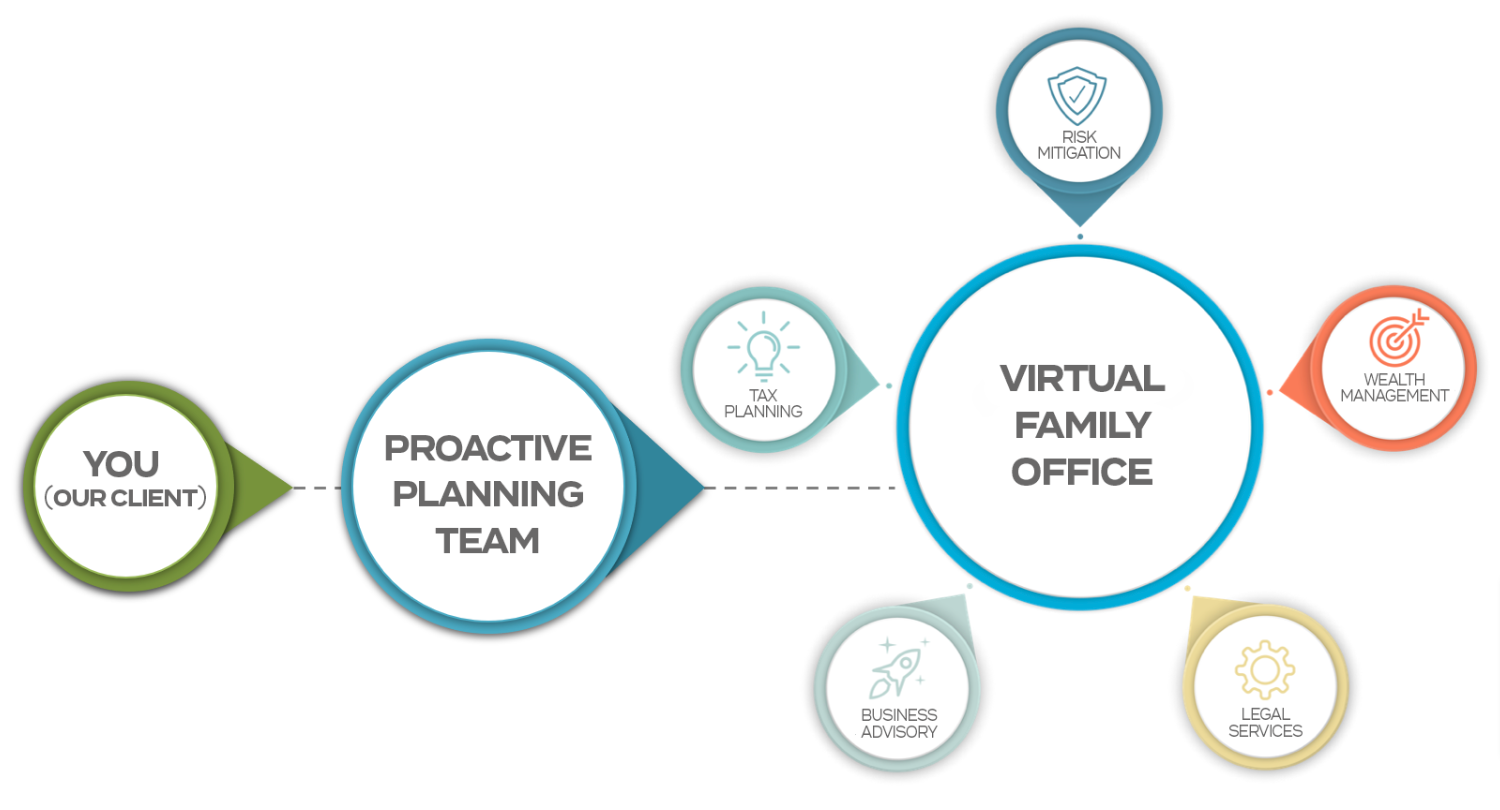Dale Hammernik Challenges Your Small Fee Thinking
Do you accept credit cards in your business? If not … why not?
Obviously, it’s a matter of some debate for certain merchants, but I’m here to tell you: if you are NOT, then you could be running a big risk. Whatever your opinions about the over-availability of credit (and as a general supporter of the debt-free lifestyle, I completely get those concerns), the fact remains that as a business owner you must make your best *business* decision on this subject.
Here’s where I may be getting a little blunt: neglecting to accept credit cards as a form of payment is a short-sighted, and tight-fisted perspective which is robbing your business of a slew of potential customers.
(Ouch, that was a bit blunt.)
Now, that said — I’ve got some further thoughts on some legislation that was implemented last year, and am taking a stab at giving you some unvarnished “straight talk” perspective.
Would love to hear YOUR perspective too.
I know this is a subject which might cause you to think, “Why is Dale Hammernik even weighing in on this?”, but I mostly want to focus on the “small thinking” in this issue. Because it may be a reflection of other poverty-driven thinking in your business.
Here’s what I mean…
Dale Hammernik Challenges Your
Small Fee Thinking
“Thinking will not overcome fear, but action will.” – W Clement Stone
The stats are continuing to rise: most Americans, in their personal AND business life, most often use credit cards for purchases.
As a business owner, you are no doubt aware that behind the scenes, when you swipe your credit or debit card through the machine, the merchant pays a small fee to their bank (i.e., interchange fee) for the ability to accept credit card transactions. Let us be blunt about this: if the business wants your money, then they would be smart to pay these fees because cash transactions are becoming rarer with each passing day. ‘Cash only’ businesses are becoming a thing of the past.
However, some merchants became miffed that they had to pay these fees, and they recently went to Congress to fix it. Bills went through Congress that allowed merchants to enter into collective bargaining with the banks, and made it easier for merchants to steer customers to other forms of payments (by including a surcharge for cc transactions) and let them set minimum and maximum amounts for credit card purchases.
My big question is: why did they do this?
An association of merchants, or an association of banks, is a powerful special interest group in this country. So much so, that when they weren’t happy with how things were going, they could ask Congress to pass laws to fix things, and they could do this regardless of whether or not these issues were deserving of national attention.
The problem is two-fold: The merchants can fix the problem themselves (by offering incentives for using cash, etc. — but STILL providing cc options), but they demand that Congress step in. And the merchants shouldn’t be able to find support for this issue in Congress, but they can, and easily.
And to my business-owner colleagues–stop worrying about ticky-tack fees, and START focusing on what you CAN change–the bottom-line results driven by effective sales and marketing.
Opinions about legislation aside
(and there may well be good reasons for why this legislation was passed, on which I don’t yet have a clear grasp) … the main point is that when you, as a business owner, spend time and focus on these sorts of “two percent” bumps and NOT on more powerful ways to add revenue and growth to your business, your thinking is too small.
Instead of banding together for or against ticky-tack fees, let’s together, as local Waukesha County business owners, instead band together to make our businesses more effective, more profitable, and more attractive to consumers and clients so that we are paid what we are really worth.
That’s something we should ALL put our focus towards.
Feel very free forward this article to a Waukesha County business associate or client you know who could benefit from our assistance — or simply send them our way? While these particular articles usually relate to business strategy, as you know, at Hammernik & Associates we specialize in tax preparation and planning for Waukesha County families and business owners. And we always make room for referrals from trusted sources like you.
Warmly (and until next week),
Dale Hammernik
(414) 545-1890
Hammernik & Associates
The post Dale Hammernik Challenges Your Small Fee Thinking appeared first on Talking Tax to Milwaukee.
See More Blog Posts







